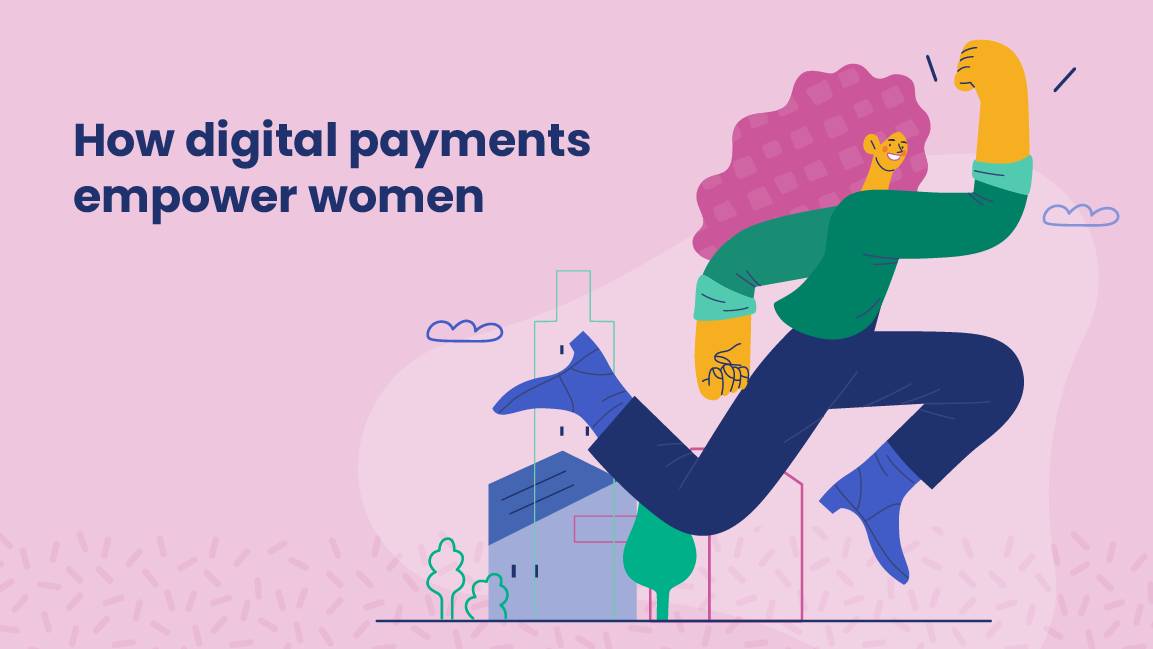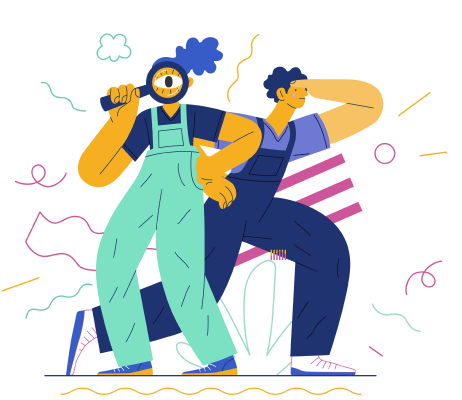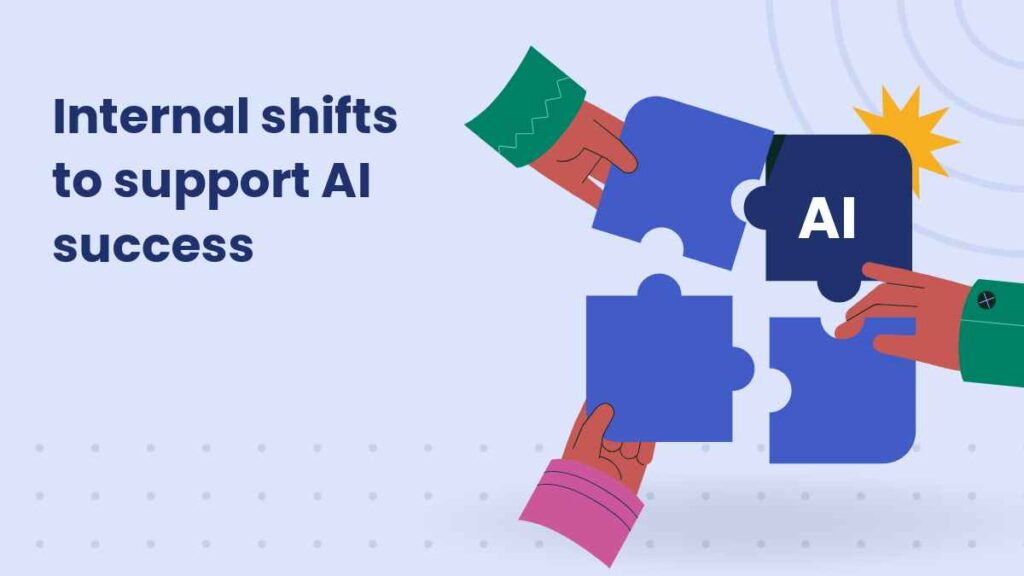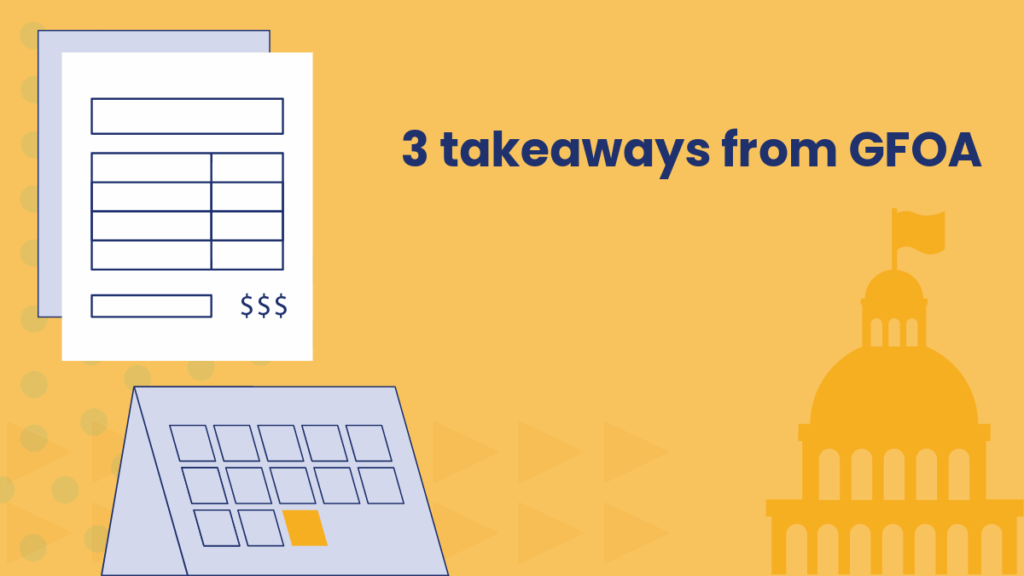The impact of digital payments on women’s empowerment

Digital payments affect everyone in the global economy. The ability to access, save, and spend money online makes an impact that goes beyond just convenience and efficiency — and that’s especially true for women and underrepresented groups.
But there are both social and cultural barriers to women’s financial inclusion such as financial literacy, knowledge of services, and physical and digital access. And now, AI systems are at risk to continue reinforcing bias and discrimination for women.
This is as much an accessibility issue as it is an economic issue.
Impacts on the economy
When women have access to digital financial technology (payments, transactions, savings, credit, etc.), they’re more empowered personally and can more actively participate in socioeconomic growth. The McKinsey Global Institute estimates that fully incorporating women into the economy would add $12 trillion to global GDP by 2025.
But what does that mean for state and local governments?
- As of 2022, single women owned 58% of the nearly 35.2 million homes owned by unmarried Americans, requiring property tax and utility payments
- 2022 statistics report that women made up a little over half of all licensed drivers in the United States — that means license renewals, vehicle registrations, and possibly tolls
- In 2022, the U.S. Fish and Wildlife Service reported that 33% of anglers were women, and 22% of hunters were women, contributing a substantial amount from license sales and excise taxes
Local economies develop as more women are able to manage their finances online, and financial inclusion enhances economic diversification and increases income equality. Women have the potential to put millions of dollars into the economy, and digital government services allow them to make a (quick, secure) impact in their communities.
How digital government services empower women
Agencies can, for starters, embed digital in government services from the get-go — and consider where women interact and access financial services, whether that’s at a bank or on a mobile device.
And enabling user-friendly online registration and accounts means that women will be more likely to open personal accounts successfully (without the possibility of harassment or other issues). Unfortunately, when socioeconomic factors compound, it gets worse for women: Women with low education and limited financial experience are more likely to be exploited when using financial services. In fact, according to one global study, around one-third of all female mobile money account holders say they cannot use their account without help from a friend or agent.
But agencies that engage, monitor, and include women in conversations about the programs and services are more likely to enable and empower women in their communities. A study out of Yale’s Economic Growth Center found an overall increase in labor supply among financially empowered women (compared to women who only received a bank account):
- They were 5 percentage points more likely to have reported any paid work in the past month
- They earned 24% more in private-sector earnings annually
Digital for all benefits the community
Digital and financial gender imbalances prevent women from taking an active role in cultivating a prosperous life for themselves and contributing fully to their communities. The development of online services such as mobile banking apps, digital government services, and fintech services can be extremely helpful for women, especially low-income women, minorities, and women in rural areas.
And when women are financially empowered, it can affect their decision-making when it comes to career, spending, voting, etc. The investment in digital lifts women up personally, increases the number of opportunities available to women, and benefits the local economy.
Steps to better include and engage women
The future will likely be dominated by technological innovations, making it even more important that women (and other underrepresented groups) are welcomed and encouraged to participate in modernization projects.
What can government agencies do?
These are just a few ways agencies can create a more inclusive environment and more accessible technology:
- Listen to, support, and promote women in the agency
- Make sure that important tasks like user-experience tests and web design include women
- Pay special attention to privacy and security features in your digital solutions
- Note whether or not rural areas have reliable internet access (and brainstorm solutions if not)
- Plan community events that are welcoming to all and held in safe spaces
- Celebrate the achievements of women in the agency and in the community
Perhaps one of the best ways an agency can help empower women is consistency: Reach out to women in the community and talk to them. Encourage diversity in the workplace. And be bullish about prioritizing accessibility.
Looking for more content?
Get articles and insights from our monthly newsletter.




